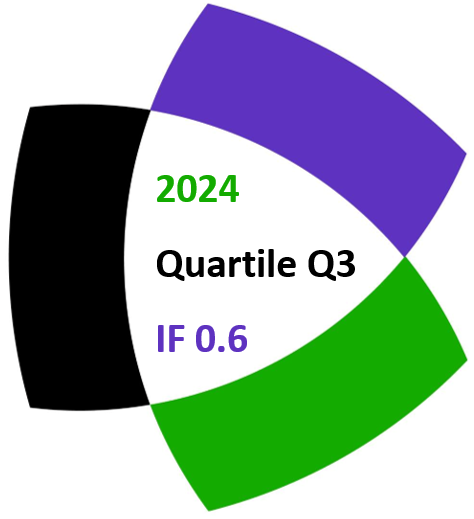J. V. Leyendekkers, J. M. Rybak and A. G. Shannon
Notes on Number Theory and Discrete Mathematics, ISSN 1310–5132
Volume 2, 1996, Number 1, Pages 33–52
Full paper (PDF, 579 Kb)
Details
Authors and affiliations
J. V. Leyendekkers
The University of Sydney, 2006, Australia
J. M. Rybak
The University of Sydney, 2006, Australia
A. G. Shannon
University of Technology, Sydney, 2007, Australia
Abstract
This paper uses a novel approach to analyse the Diophantine equation d2n = e2n + f2n in a number of ways for even and odd n, and with the use of the equivalence classes of the modular ring ℤ6, the characteristics of primitive Pythagorean triples and right-most digit patterns.
AMS Classification
- 11D41
- 11D99
References
- G.E. Andrews, Number Theory, W. B. Saunders, Philadelphia, 1971. 2 3 4
- I. A. Barnett, Some Ideas About Number Theory, National Council of Teachers of Mathematics, Washington, 1963.
- H. Cohn, Advanced Number Theory, Dover, New York, 1962.
- J. V. Leyendekkers, J. M. Rybak and A. G. Shannon, Integer class properties associated with an integer matrix. Notes on Number Theory and Discrete Mathematics, 1(2), 1995: 53-59.
- J. V. Leyendekkers and J. M Rybak, The generation and analysis of Pythagorean triples within a two-parameter grid. International Journal of Mathematical Education in Science and Technology, 26(6) 1995: 787-793.
- A. van der Poorten, Remarks on Fermat’s Last Theorem, Australian Mathematical Society Gazette, 21(5), 1994: 150-159.
Related papers
- Leyendekkers, J. V., Rybak, J. M. & Shannon, A. G. (1997). The anatomy of odd-exponent Diophantine triples. Notes on Number Theory and Discrete Mathematics, 3(1), 41-51.
Cite this paper
Leyendekkers, J. V., Rybak J. M., & Shannon, A. G. (1996). The anatomy of even exponent Pythagorean triples. Notes on Number Theory and Discrete Mathematics, 2(1), 33-52.


